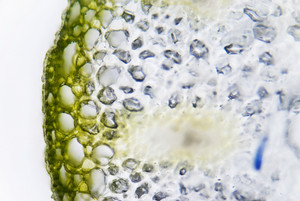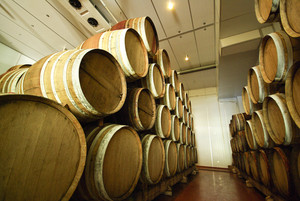Science
Science is the study of the natural world and all its phenomena. The natural world can be anything that exists in the physical universe, including human beings. Science is the process of gathering information about nature, and using this information to answer questions about the natural world. Science also involves using experiments and other methods to test theories.

Science has been used by humans for many thousands of years. It has always been important to people because it helps them understand how the world works. Early civilizations relied on science to help them survive.
In the 17th century, science became more formalized when scientists began to publish their findings in journals. In the 20th century, science was used to develop technology that helped people live better lives.

The modern scientific method includes gathering information, formulating theories, testing these theories, and then revising the theory as new information comes in. Scientists use many different ways to gather information. Some methods include taking measurements of physical objects, observing animals or plants, making drawings or paintings of things, and asking other people about what they know.
Scientists are constantly trying to figure out how things work. They do this by creating hypotheses about how things work. Then they design experiments to test these hypotheses. The results of the experiments can either support or refute the hypothesis. When scientists find evidence that supports their hypothesis, they call it a law. When they find evidence that contradicts their hypothesis, they call it an exception.
There are many different types of scientific laws. Laws can describe how something happens, how two things interact with each other, or how one thing changes over time. Examples of laws are Newton’s Law of Gravity, which describes how objects fall, and Einstein’s Theory of Relativity, which describes how time and space change depending on the speed of an object.




